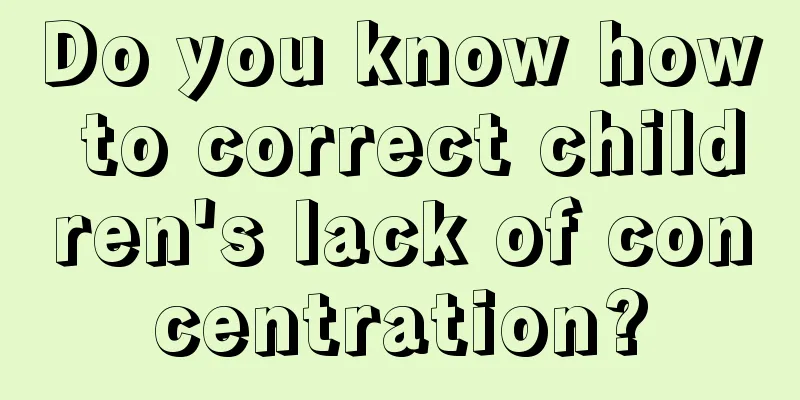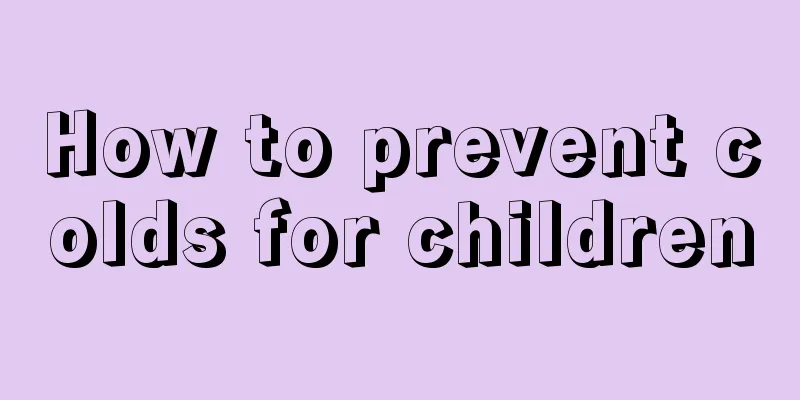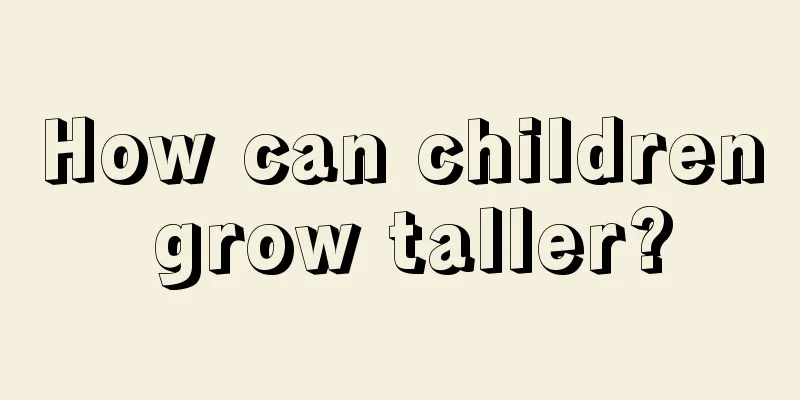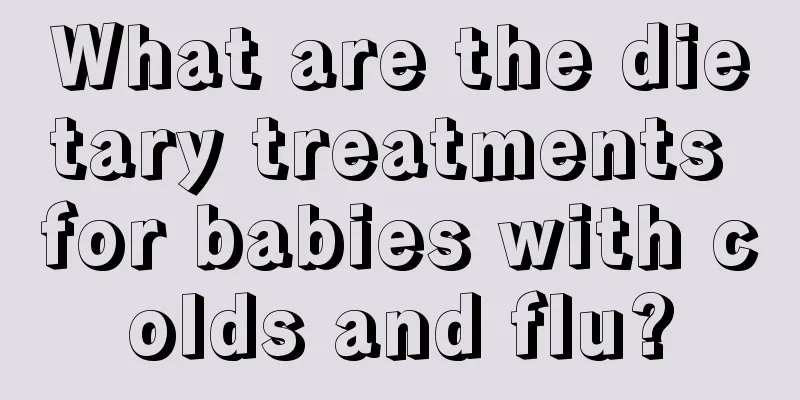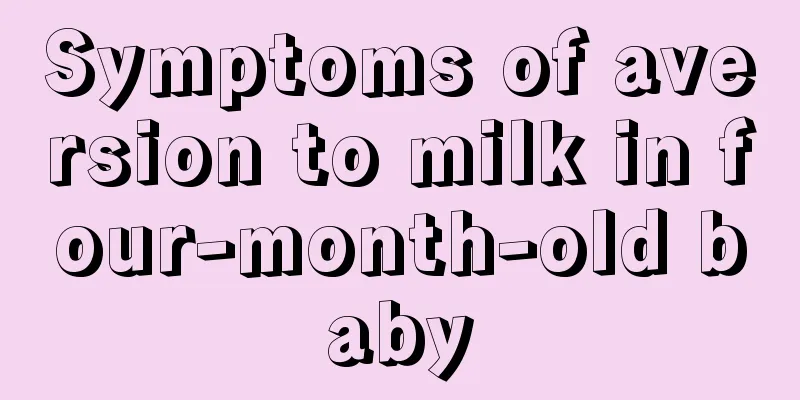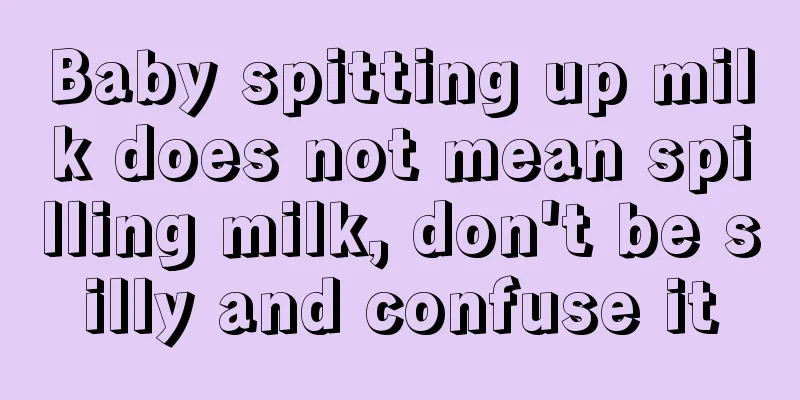What are the pros and cons of sucking pacifiers for children
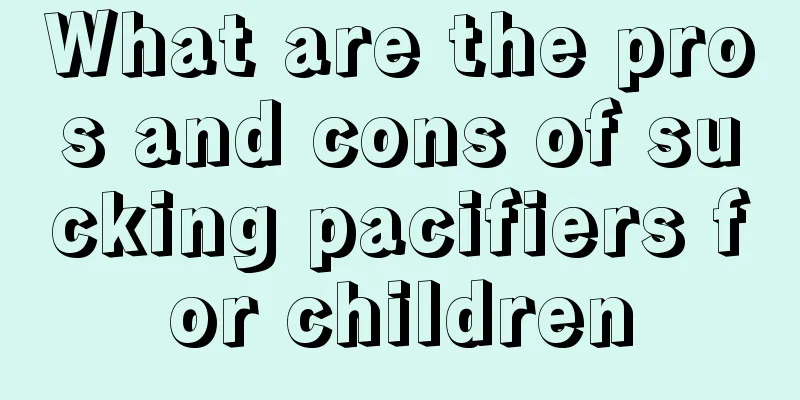
|
In fact, many parents nowadays are always worried about a problem. Pacifiers are already a very common soothing product on the market. Although they can quickly relieve the baby's crying and restlessness, when using pacifiers for children, whether it has advantages or disadvantages has become a problem that many people are concerned about. In fact, pacifiers generally have disadvantages, but this can be avoided by quitting them in time when the baby is older. Combining the debates on both sides, we can objectively find the correct attitude and method of using a pacifier as follows : 1. For babies who are breastfed, because the speed of breast milk secretion is not as fast as that of artificial milk bottles, the child needs to suck harder and spend longer time sucking, which naturally satisfies his oral desire. Generally speaking, the longer the breastfeeding period, the less dependent the baby is on the pacifier. Some babies even refuse to use the pacifier because the texture of the pacifier is different from their mother's nipple. This is of course the most natural and healthiest way to comfort babies by breastfeeding and reducing the use of substitutes. 2. Do not use a pacifier until the newborn learns to suckle breast milk properly, otherwise it may interfere with the child's learning of correct biting techniques. 3. Pacifiers are an aid to parents’ care for their children, not a substitute. Many parents hear their children crying and give them a pacifier to shut them up. Or when the caregiver is tired, he or she may think of using a pacifier to cope with the situation. In fact, this method of use is a bad habit for both children and adults. 4. Babies who don't use pacifiers at all and prefer to suck their fingers are actually more disturbing. Especially after children can crawl and walk, their hands touch everything, and the chance of being contaminated by germs is very high. It is easy to take things with your fingers, but you may put them in your mouth at any time, causing illness to enter your body through the mouth. Pacifiers are also easier to clean and manage than fingers. 5. It is easier to quit using a pacifier than sucking your thumb. If parents are determined to stop their children from using pacifiers, they only need to make up their minds and hide the pacifiers for three days. Most children will forget about it after crying for a few days. The best time to stop using a pacifier is when your child has a cold or a stuffy nose. Sucking on a pacifier will be more uncomfortable if the nose is uncomfortable, so the child will be happy to give it up. 6. Long-term sucking of fingers will cause the fingers to be soaked in saliva, which can easily cause paronychia and nail deformation. If your child starts to want to suck his fingers, it is better to let him wear gloves and use a pacifier instead. Observe his dependence and then find an appropriate time to stop using it. 7. For babies over six months old, their sucking needs decrease and they can stop using pacifiers altogether. Or just use it when inducing people to fall asleep, and remove it when they are awake or asleep. 8. It is best to stop using pacifiers for babies over ten months old, unless the child switches to sucking his fingers and then uses a pacifier as a temporary substitute. Judging from these specific suggestions, it is better to use a pacifier skillfully than to use it early. Knowing its applicable age can be a good helper in taking care of children. However, don’t forget that when the child grows up and its stage mission is completed, remember to retire it. |
<<: What impact can a single umbilical artery have on children?
>>: Can thrush grow on the tongue?
Recommend
What to do if your child has a sore throat and phlegm
If a child has phlegm in his throat, you should g...
"Table Stories" can help children become more sensible
During family dinners, telling "family stori...
Why does my baby's urine smell so bad?
Many people say that when babies are young and ar...
What to do if your baby has phimosis
Phimosis is a normal phenomenon in babies, and th...
What are the symptoms of measles in children?
There are many bacteria and viruses in the enviro...
Introduction to wheezing pneumonia
In our daily lives, we may lack understanding of ...
Is it normal for babies to foam at the mouth?
It is generally normal for babies to foam at the ...
Why don't children eat meat?
Meat is the main source of protein for our body. ...
What to do if baby's lips are cracked
After birth, newborn babies adapt to the nature g...
Why does the newborn have diarrhea?
Neonatal diarrhea is a very common phenomenon in ...
What should I do if my newborn baby has not defecated for 4 days?
Generally speaking, newborns defecate several tim...
What ointment should be applied to baby eczema?
Infant eczema is very common in babies. Many moth...
How old does a baby have to be to stop spitting up milk?
In fact, nowadays babies need to pay special atte...
Is it okay for children to soak their feet every day?
Many people think that soaking children's fee...
What to do if your seven-month-old baby coughs
After the baby is born, it is easy to get sick in...
